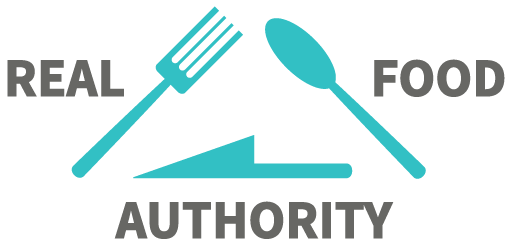If you are considering one or more popular diets, you owe it to yourself and your health to make sure their claims are valid. Ask yourself: Does the diet plan …
- Have a start and end point?
- Encourage or require you to stop eating certain foods or food groups?
- Claim there is no need to exercise?
- Encourage extreme rigidity or daily rituals?
- Drastically cut back calories?
- Based on taking special pills, powders or herbs?
- Require you to skip meals or replace meals with special drinks or bars?
These are common red flags that go off in my head when I see a new diet pop up. Successful weight management is a lifestyle, not a one-time activity. Losing 1-2 pounds a week is a reasonable goal to have. Anything more than that and you are losing water and metabolically active muscle tissue, not fat.
Be wary if you are given a list of good foods to eat and bad foods to avoid. Eating from only a few food choices may leave your body deprived of nutrients. Depriving yourself of your favorite foods can also lead to larger food cravings or the mindset of “I can’t wait to get off this diet so that I can eat X.” Why do that to yourself? What are you trying to prove?
If you must eat a green vegetable with each meal or only drink tea after 6pm, keep looking. Eating the same menu daily and having specific rules to follow are unrealistic and unnecessary.
Special pills, powders or herbs are not only red flags, but are usually over-priced and not backed by scientific research. Many of these products contain laxatives or diuretics that cause you to loose water weight, similar to calorie-restricted diets. Others will claim their products speed up your metabolism, suppress appetite or block nutrient absorption.
Your diet should include flexibility, balance, and likability of food choices as a long term commitment. It should also include physical activity to promote building muscle mass. Find an expert in your area to help you reach your goals.

